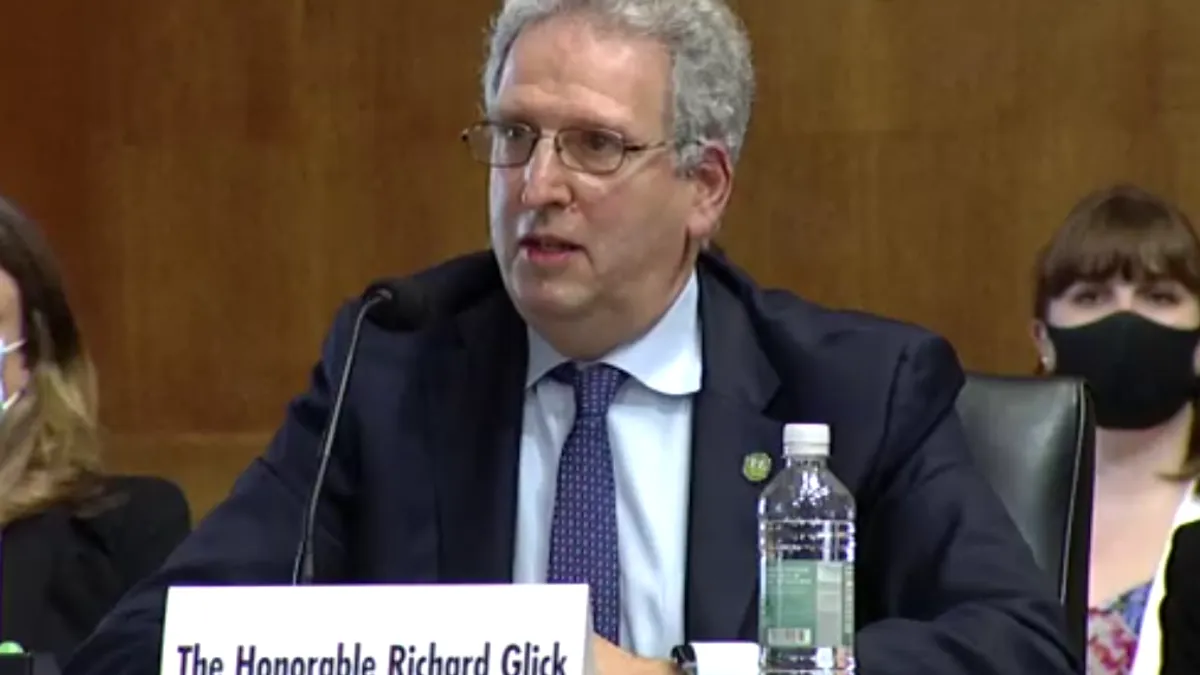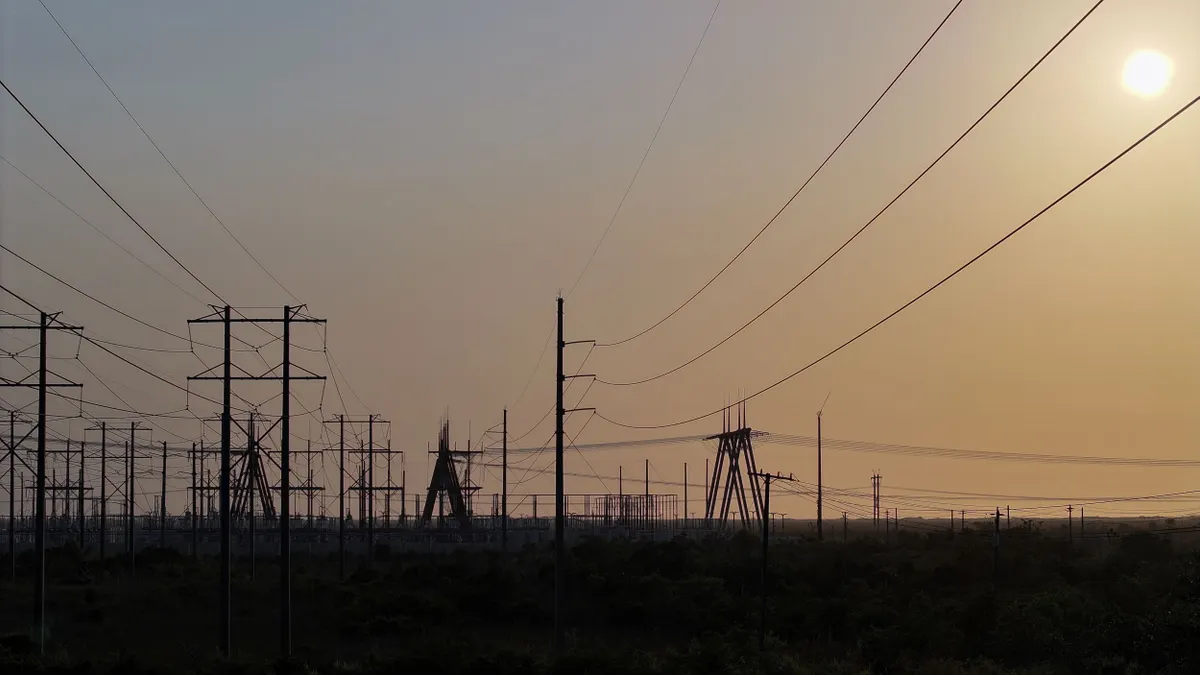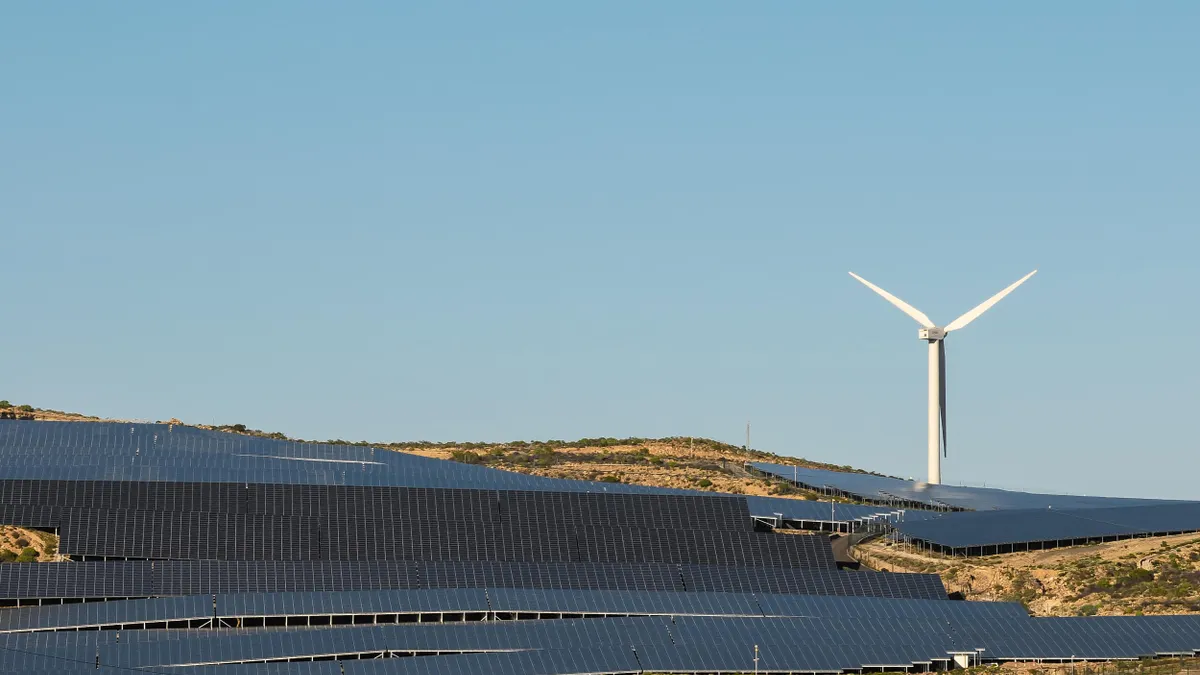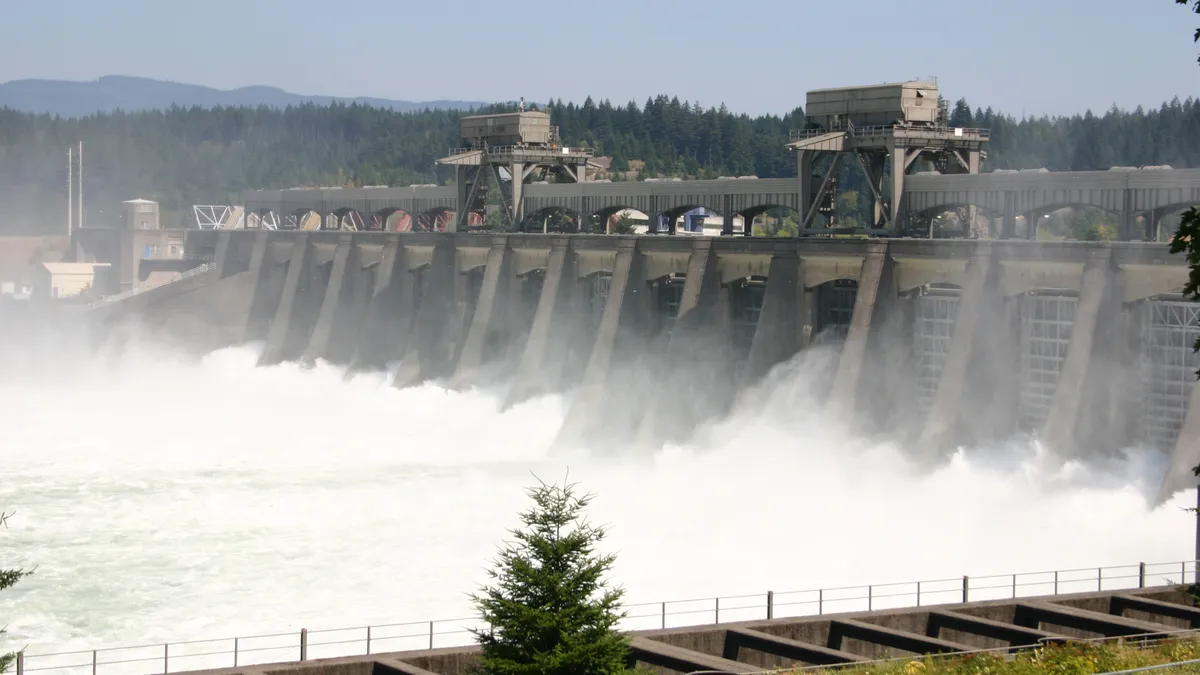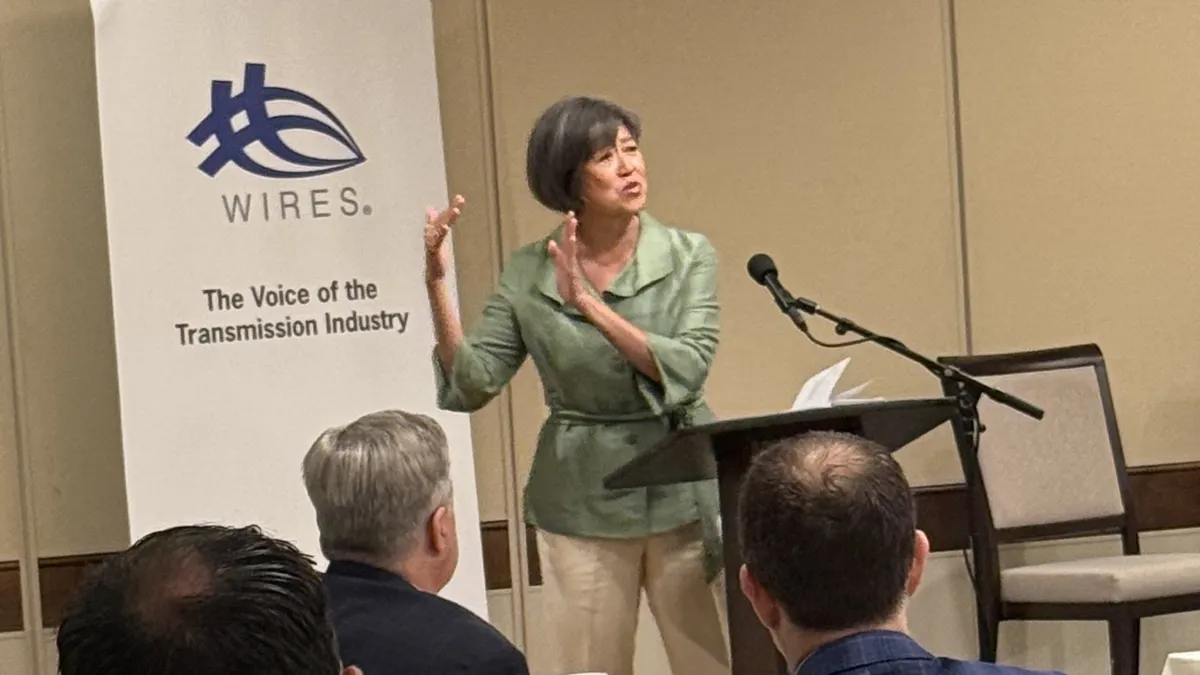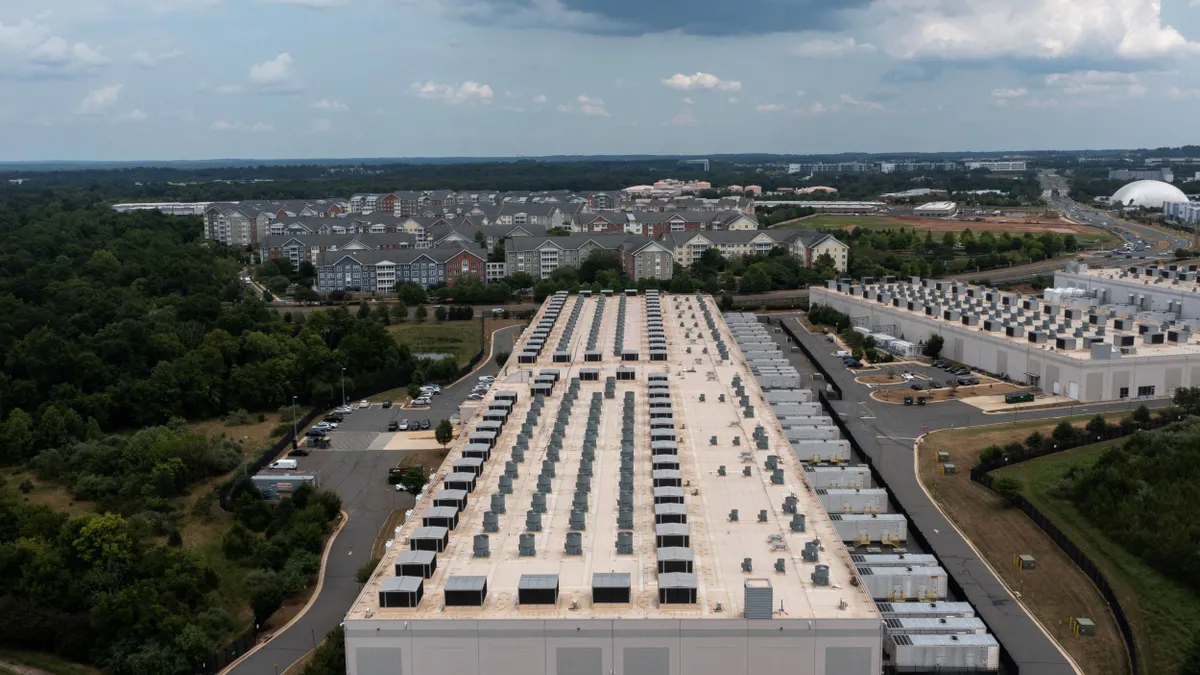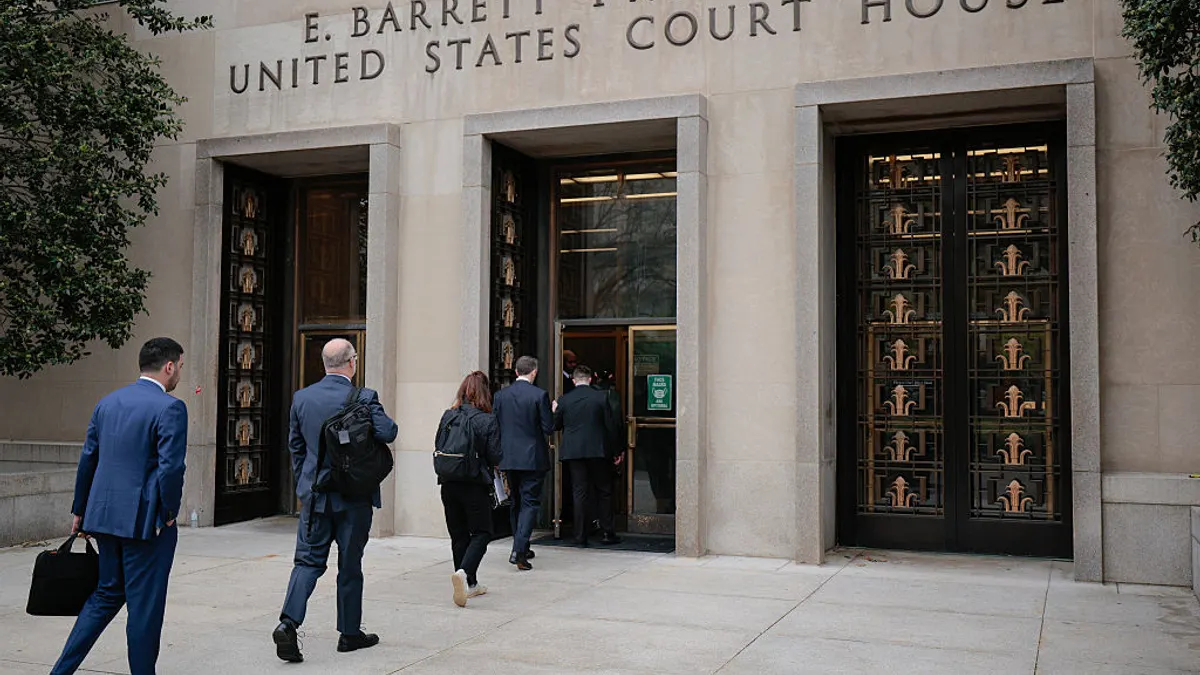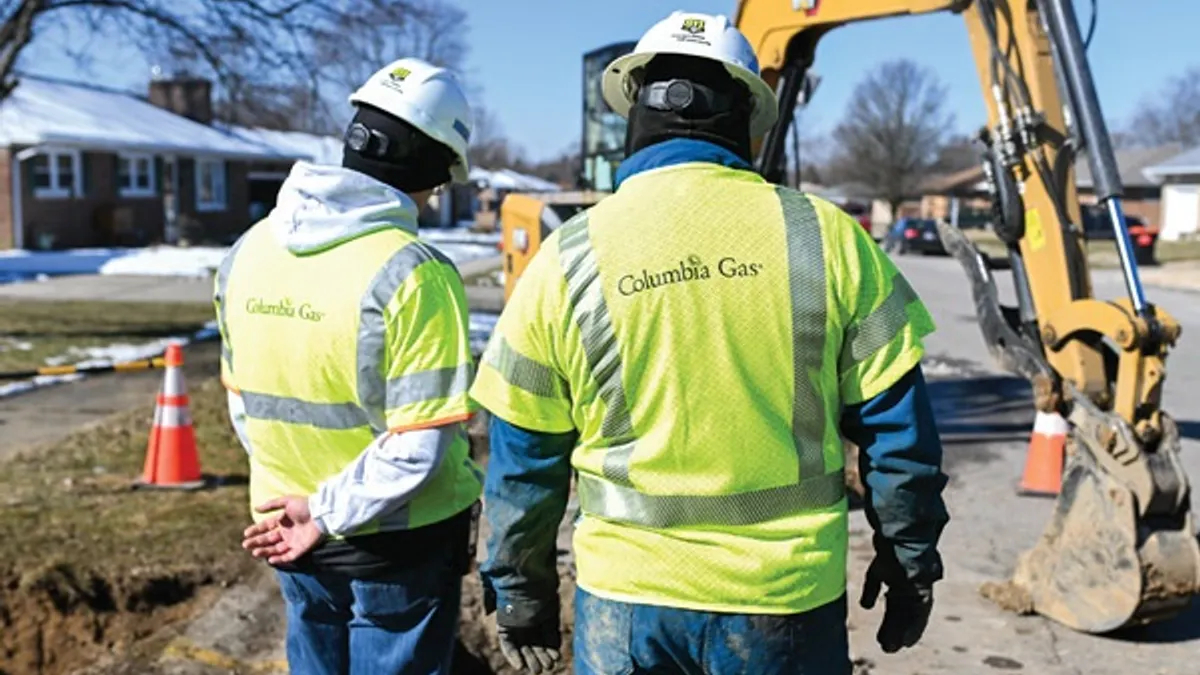Senate Energy and Natural Resources Committee Chairman Joe Manchin, D-W.Va., won’t hold a confirmation hearing for Federal Energy Regulatory Commission Chairman Richard Glick, a move that could end his tenure at the agency.
“The chairman was not comfortable holding a hearing,” Sam Runyon, spokeswoman for Manchin’s office, said Thursday in an email. Runyon declined to explain the decision.
Manchin has been a critic of FERC policies for reviewing natural gas pipelines and last week lashed out at President Joe Biden for comments he made about coal-fired power plants.
Biden in May nominated Glick to a second five-year term at the agency.
Glick, a former Senate aide, joined FERC in late 2017 after being nominated by then-President Donald Trump. Biden elevated him to chairman in January 2021. His term expired June 30 and he will leave FERC if not confirmed by the end of the year.
In perhaps the most controversial move during Glick’s time as agency head, FERC in mid-February adopted on a 3-2 vote a framework for reviewing natural gas infrastructure proposals that included expanded criteria for deciding whether the facilities are needed. FERC also issued an interim policy statement outlining how the agency will consider projected greenhouse gas emissions related to the gas projects it reviews.
The Senate Energy and Natural Resources Committee held a hearing in early March on the pipeline review policy, with Manchin and others saying the change would hurt pipeline development. Several weeks later, FERC put the policy on hold while it sought additional public comments on it.
If Glick isn’t confirmed by the end of the current Congressional session, FERC will have four commissioners: two Democrats and two Republicans.
The White House will have to name a new chair from the remaining commissioners, likely either Willie Phillips or Allison Clements, both Democrats, according to former FERC Commissioner Tony Clark, a senior advisor at Wilkinson Barker Knauer.
Three votes will be needed to make decisions, which may make it harder to enact more sweeping changes that might be controversial, Clark said.
“On issues where there may be disagreement, it will make it tougher to make big changes, so things like major transmission policy changes and pipeline certification guidelines might either be held up, or may take additional compromise to attract the votes required to get something to move,” Clark said in an email.
Some types of filings, such as certain Federal Power Act tariff changes, can go into effect by “operation of law” if there isn’t a vote on them so a 2-2 split can tip the scales in ways that are less likely when five commissioners are seated, Clark said.
“It’s certainly not impossible for the commission to get things done with an evenly split commission, but it would make it difficult for commissioners,” Clark said.
Former FERC Chairman Neil Chatterjee said moving to four commissioners would have little effect at the agency.
During his tenure at FERC, Chatterjee had a 2-2 split for almost a year and the agency got many significant things done, he said.
Looking ahead, on transmission issues, FERC Commissioner Mark Christie, a Republican, is at the table negotiating and he will have a role in any final rules, according to Chatterjee, a senior advisor at Hogan Lovells.
On gas pipelines, if there are three votes for a project application, it will move forward regardless of who is chair, Chatterjee said. “You can’t sit on orders a majority of your colleagues support,” he said.
Chatterjee said he doubts there is a path forward for Glick’s nomination, noting that Manchin is up for reelection in 2024 in a deeply Republican state.
With the House likely to go Republican after this week’s election, there will be little to no legislative activity the next couple of years in Congress and Manchin will need to show independence from an unpopular president in West Virginia, Chatterjee said.
“Tanking nominees is one of the few ways to do that,” he said.
Clean energy trade groups like Advanced Energy Economy hope Glick can have a second term.
Glick has driven bipartisan efforts on topics such as transmission, grid interconnection, grid reliability and electric sector modernization, according to Caitlin Marquis, AEE managing director.
“Maintaining a full 5-member commission is the best way to ensure progress on these and other issues,” Marquis said in a statement.
The White House didn’t return a request for comment. Majority Leader Chuck Schumer’s office didn’t respond to a request for comment, including whether the senator would bring Glick’s nomination to the Senate floor without a confirmation hearing.
Meanwhile, the Senate Energy and Natural Resources Committee said on Thursday it would hold a confirmation hearing on Nov. 17 for three Energy Department nominees, including for David Crane, former NRG Energy CEO, to be DOE under secretary for infrastructure.



